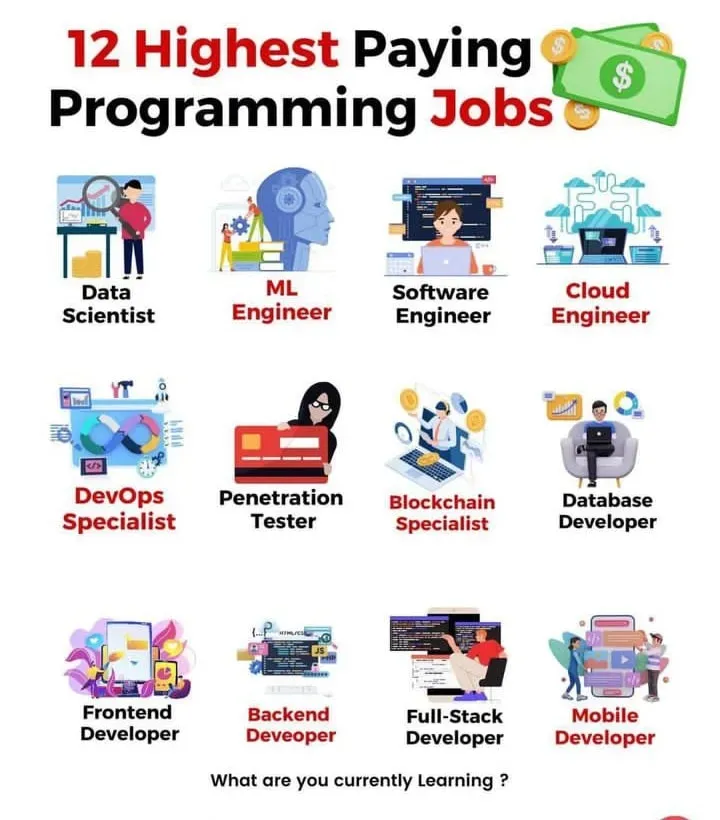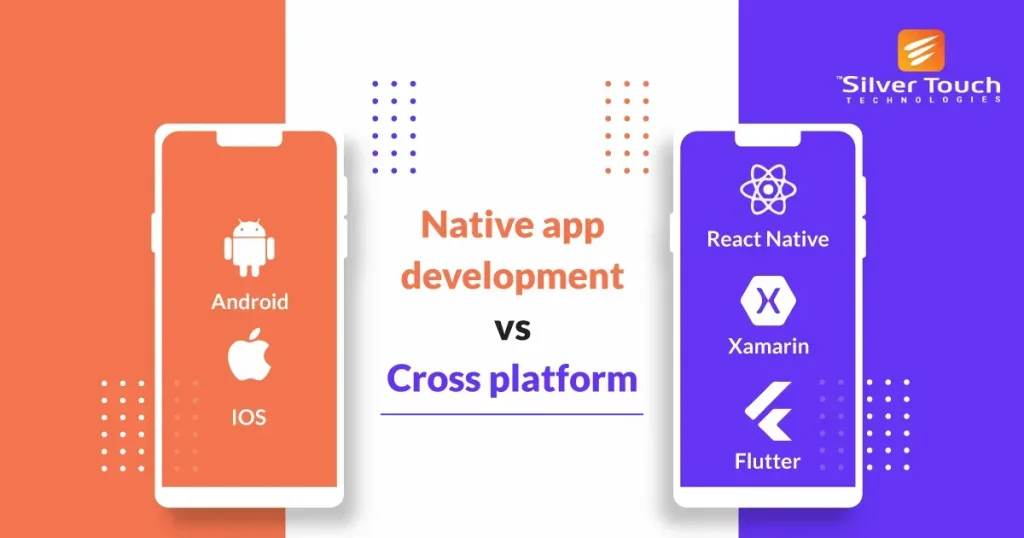A Career in Programming offers a compelling blend of problem-solving, creativity, and continuous learning. If you’re just starting out, define your goals to focus your study and build momentum. Begin with the fundamentals and start a small portfolio that demonstrates your progress. Choose practical projects that show you can collaborate, ship value, and keep quality in mind. With steady practice and honest reflection, you’ll be ready to pursue your first opportunities in technology.
From here, you can frame your journey as a programming career path that guides planning, skills development, and real-world practice. For many newcomers, pursuing entry-level developer jobs means building a strong portfolio, contributing to open-source, and demonstrating consistent learning. To sharpen readiness, focus on learning programming languages that align with your chosen niche, whether that’s Python for data work, JavaScript for front-end apps, or Swift for mobile development. Finally, master coding interview tips through structured practice, mock interviews, and clear explanations of your reasoning. Together, these steps convert curiosity into a sustainable technology career.
Career in Programming: A Practical Roadmap to Your First Tech Role
Clarify your Career in Programming goals and decide where you want to focus your energy—web development, mobile engineering, data science, or systems programming. Your choice shapes the learning path, tools, and project types, and helps you construct a targeted programming career path that accelerates your entry into the job market. Answer questions like which problems excite you and which industries you’re drawn to, so you can tailor your portfolio and job search toward entry-level opportunities.
A solid foundation is essential for any Career in Programming. Build fluency in core CS concepts such as data structures, algorithms, time complexity, and software design principles. In parallel, start learning programming languages well—Python or JavaScript provide broad applicability and rich resources. As you grow, add a second language aligned with your focus, for example TypeScript for web apps, Java or Kotlin for Android, or SQL for data roles. Remember, learning programming languages is a continuous habit—practice small, frequent problems to reinforce memory and fluency, which will pay off in interviews.
Mastering the Programming Career Path: From Learning Programming Languages to Landing Entry-Level Developer Jobs
Mastering the programming career path means mapping a practical route from learning to earning. Build a portfolio that proves your ability through real projects, open-source contributions, and collaboration, and tie it to a clear narrative about how you solve problems. This portfolio supports entry-level developer jobs by providing tangible talking points when you’re interviewed and applying for roles. Set a 3–6 month learning plan with milestones such as completing a course, launching a project, and publishing code on GitHub to maintain focus and momentum along the path.
For interview success, embrace coding interview tips and structured preparation. Focus on data structures, algorithms, and problem-solving strategies; practice with timed mock interviews; and develop a plan to clearly explain your approach and trade-offs. Your resume, GitHub, and portfolio should reflect real-world impact, like faster processing or better user experience, increasing your appeal for entry-level developer jobs. Networking, internships, and hackathons are valuable additions to the learning journey and help you gain practical exposure along the programming career path.
Frequently Asked Questions
What is a practical Career in Programming path to land entry-level developer jobs?
To pursue a practical Career in Programming path, start by clarifying your goals (web, mobile, data, or systems) and choosing a focused path. Build a strong foundation in CS concepts and learn one or two languages well (common starting points are Python or JavaScript, then expand to TypeScript, Java/Kotlin, Swift, or SQL as needed). Create a portfolio of small, demonstrable projects and open-source contributions to prove problem-solving and code quality. Develop a 3–6 month learning plan aligned with your target role, and seek internships or junior roles to gain real-world experience, while tailoring your resume and GitHub to highlight impact for entry-level developer jobs.
How do learning programming languages and coding interview tips fit into a Career in Programming?
Learning programming languages is essential, but success in a Career in Programming also depends on solid coding interview tips and practice. Focus on data structures and algorithms, solve problems regularly on practice platforms, and simulate timed mock interviews to build comfort with pressure. During interviews, clearly explain your approach, discuss trade-offs, and demonstrate how your projects solve real problems. Don’t neglect behavioral questions; pair stories with a strong portfolio to strengthen your case for entry-level developer jobs.
| Topic | Key Points |
|---|---|
| Introduction | Career in Programming blends problem-solving, creativity, and continuous learning. With a clear plan, focused practice, and a strategic portfolio and interview approach, you can move from beginner to hireable. |
| 1) Clarify your Career in Programming goals | Define target roles (web/mobile/data/systems), identify problems you enjoy, decide front-end vs back-end (or both), and consider industries. This clarifies the path and prevents aimless study. |
| 2) Build a solid foundation (core CS concepts and languages) | Master core CS concepts (data structures, algorithms, time complexity, software design). Learn one or two languages well (e.g., Python or JavaScript); later add a second language aligned with your focus (TypeScript, Java/Kotlin, Swift, SQL). Practice regularly. |
| 3) Learn by doing: build a portfolio that proves your ability | Create a portfolio of personal projects and open-source contributions that demonstrate problem-solving, code quality, and collaboration. Start small, then increase complexity (e.g., responsive site, REST API, data visualization, open-source contributions). |
| 4) Define your focus within programming and map a learning plan | Identify your target area (front-end, back-end, full-stack, mobile, data, systems). Create a 3–6 month plan with milestones (courses, projects, GitHub publishing). Review and adjust based on enjoyment and recruiter value. |
| 5) Nail the job search: resume, GitHub, and a compelling portfolio | Craft a value-driven resume highlighting projects and outcomes. Include links to live projects or well-documented GitHub repos. Maintain a strong GitHub profile, tailor LinkedIn and cover letters to company needs. Combine resume, GitHub, and portfolio to stand out. |
| 6) Build a network and seek internships or starter opportunities | Look for internships, mentorships, coding clubs, hackathons, and junior roles. Network with peers and mentors; attend tech meetups and online communities; contribute to open-source to demonstrate teamwork and gain opportunities. |
| 7) Master interview strategies: coding interview tips and practice | Practice data structures and algorithms; use practice platforms; run timed mock interviews; explain your approach clearly; write clean code and test edge cases; discuss trade-offs. Prepare for behavioral questions as well. |
| 8) Embrace continuous learning and growth | Technology evolves quickly; dedicate time weekly to learn new tools/frameworks and refactor past projects. Seek feedback, participate in code reviews, and adopt new testing practices. Progress toward more complex problems and leadership. |
| 9) Practical tips to stay motivated and resilient | Set achievable milestones and celebrate small wins. Break problems into tasks and track progress. Pair with a mentor or buddy for accountability. Diversify practice with real-world projects and simulated interviews; stay persistent. |
Summary
Career in Programming is a journey of consistent practice, solid fundamentals, and a portfolio that demonstrates tangible outcomes. This path emphasizes building real-world skills, a compelling portfolio, and interview readiness to land your first developer role and grow into a rewarding Career in Programming aligned with your interests and goals. It’s a marathon of curiosity, discipline, and continual growth, not a sprint—stay curious, seek feedback, and keep refining your craft as you progress through roles in web, mobile, data, and systems programming.



